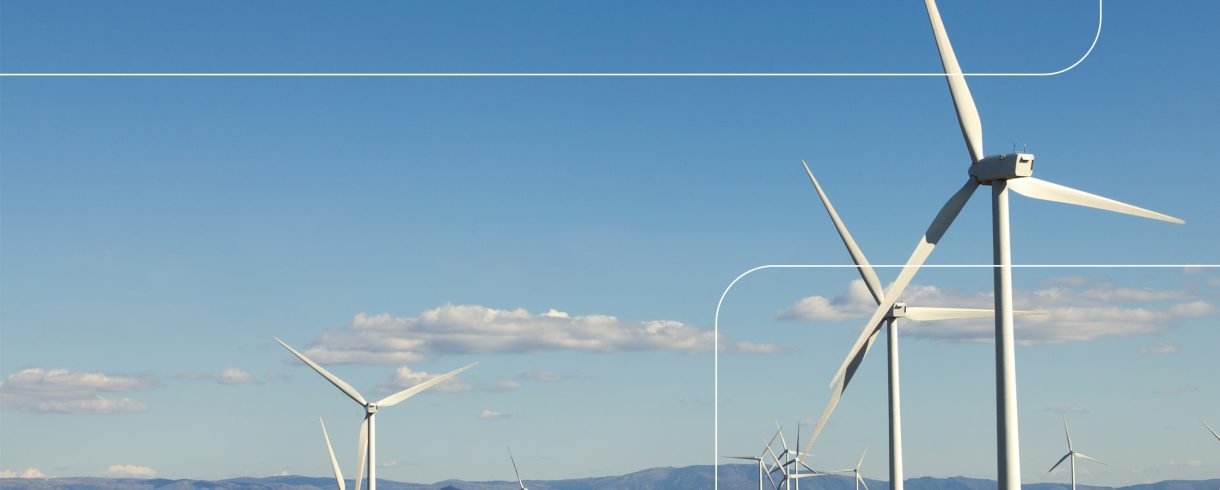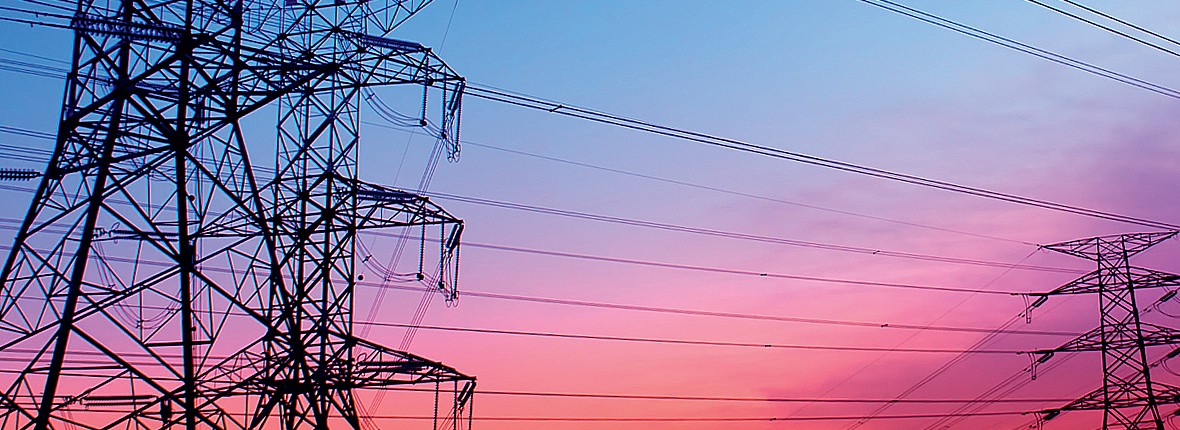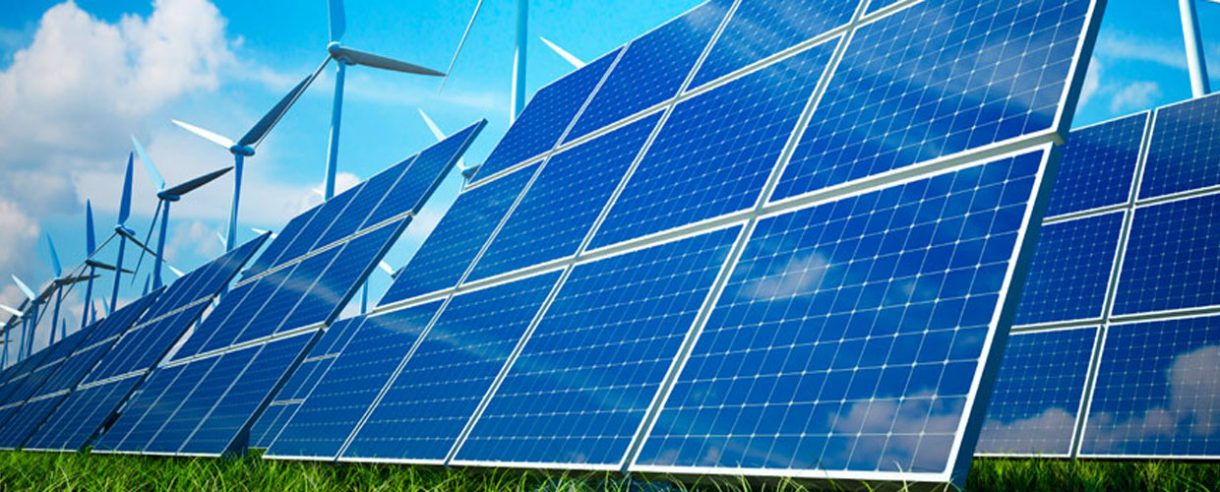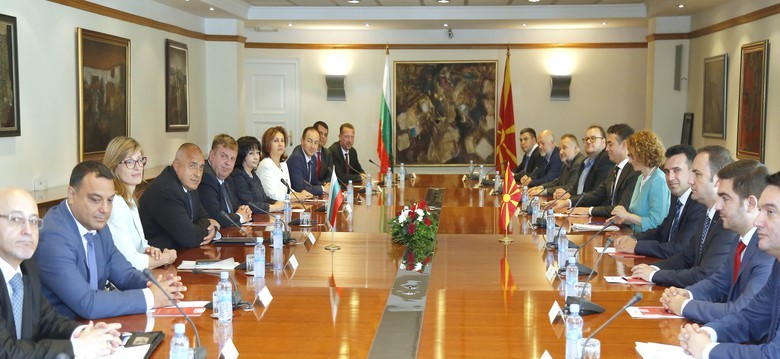
Turkey’s Guris Holding to build windfarms in Kosovo and Ukraine
The Turkish company Guris Holding has announced the construction of new wind power plants in Kosovo and the Ukraine, the Turkish press reported. The reports said that the company plans to build the plant in Ukraine outside the city of Odessa but do not specify the exact location of the site of the power plant in Kosovo.
Güriş Holding has plans for a wind farm with a total power of 32 MW in Kosovo and a wind power plant of 80 MW in the Ukraine. Turkish daily Dunya reported that construction work on both wind power plants has been started, specifying that work on the 30 MW segments of both facilities was underway.
Müşfik Yamantürk, the general manager of Güriş Holding, which is considered to be one of Turkey’s leading renewable energy-based power producers, said that the company had been issued a license for the windfarm outside the city of Odessa which will be built using GE wind generator turbines. The 50 MW segment of that plant, which is the company’s first investment in the Ukraine, is due to be started at the beginning of next year.
He said GE turbines will also be used for the wind power plant in Kosovo, adding that the guaranteed price of power from that windfarm is 8.5 cents per kilowatt-hour.
Yamantürk said that both the 30 MW power plant in Ukraine and the 32 MW plant in Kosovo will be commissioned in August or September of 2018.
Kosovo energy production insufficient
Kosovo has faced serious power supply problems in the past few years with frequent power outages which is a problem in attracting foreign investments. Kosovo’s government has made improvements to the energy sector a priority and has requested assistance from a number of international aid and financial organizations.
Kosovo relies heavily on its two coal powered plants with a capacity of 900 MW which account for 97 percent of the power produced domestically and on imports of electricity while power from renewable energy sources account for just 3 percent of production at home.
The Kosovo state radio and TV service (RTK) has reported that business people have expressed great concern over the power shortage and that the Kosovo Power Corporation has warned of a possible energy crisis because its coal reserves have dropped to a level sufficient for two weeks of power production.
Kosovo has the fifth largest lignite coal reserves in the world but those reserves lie under private land which the government has not been able to purchase. The state power company KEK said it needs to take over 52 hectares of private land whose owners are unwilling to sell at the price offered by the government.





